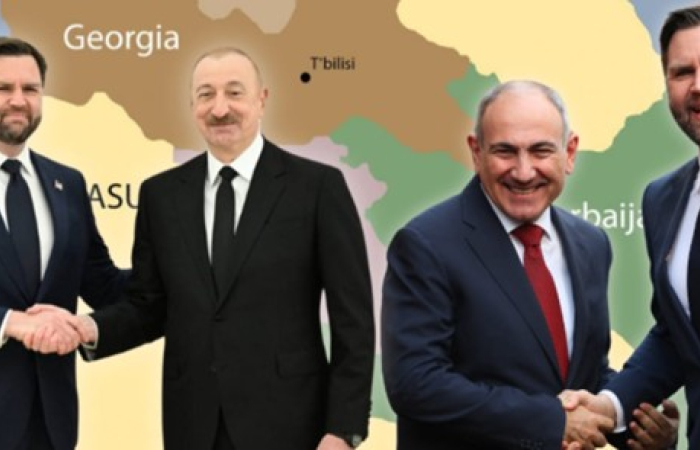Trending
The British prime minister says Europe must "stand on its own two feet" when it comes to defence
15 February 2026
The UK will deploy a carrier strike group, led by the aircraft carrier HMS Prince of Wales to the Arctic and the High North as part of efforts to bolster security against Russian threats.
British prime minister, Sir Keir Starmer announced the deployment in a speech on Saturday (14 February) at the Munich Security Conference.
Europe must be ready to fight to protect its people, values, and way of life, Sir Keir told the Conference. Starmer also called for deeper links and cooperation, including economic ties, between the UK and EU.
The PM stressed the continent must "stand on its own two feet" when it comes to defence commitments. "We must build our hard power, because that is the currency of the age," he told the conference. (Click image to read the full story).








